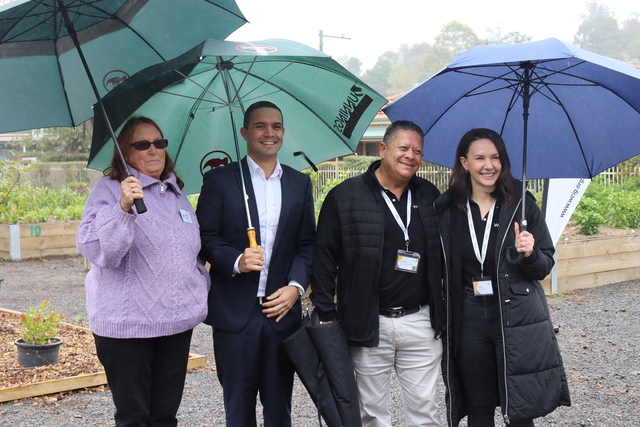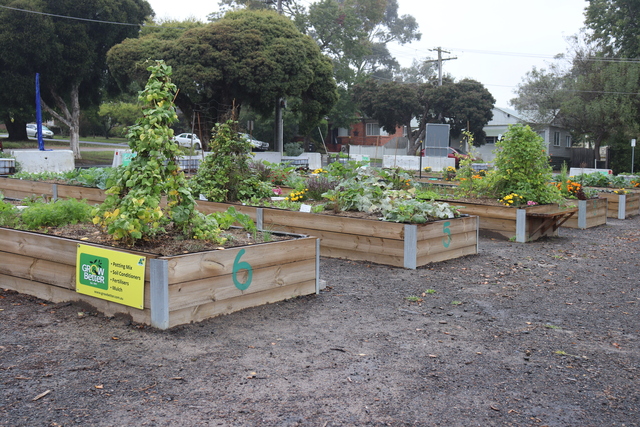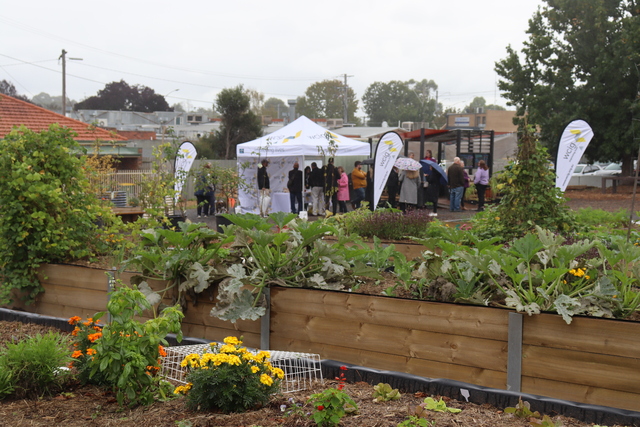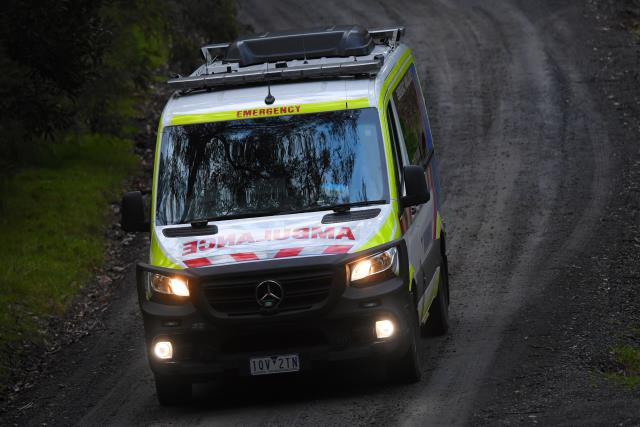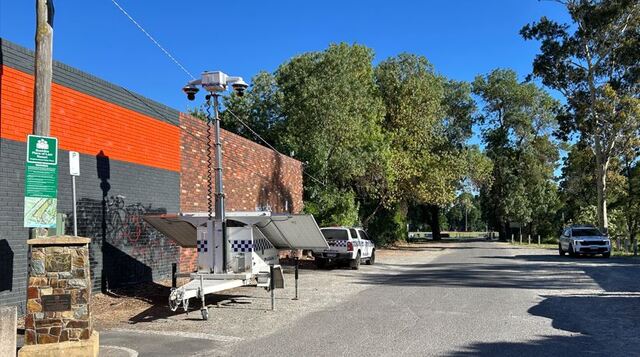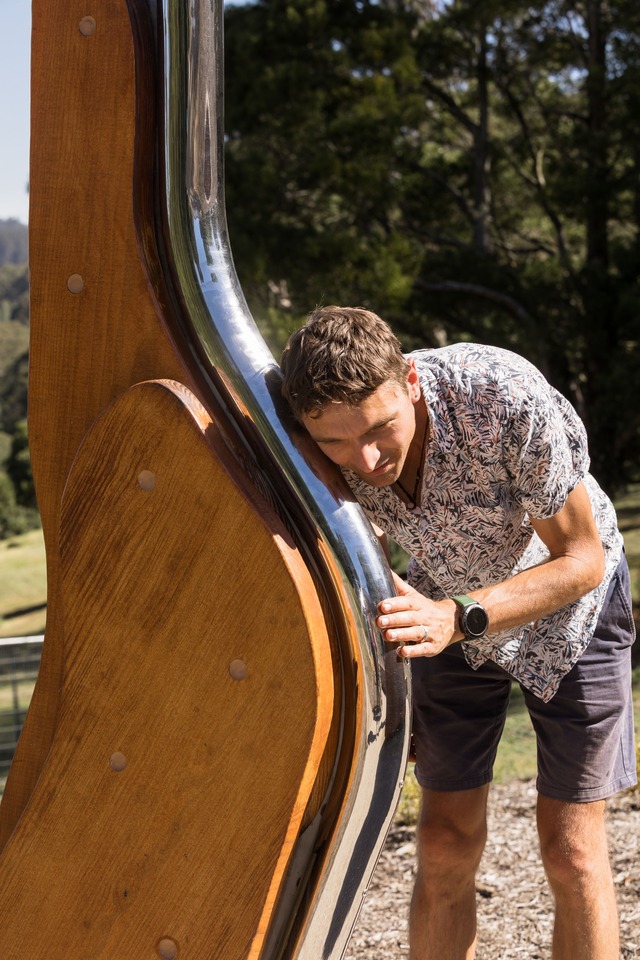Growing exponentially in just six months, the Mooroolbark Community Garden (MCG) has just taken another step in its plan, partnering with employment support not-for-profit WCIG.
Launching the partnership on Friday 12 April, MCG president Helen vander-Hayden said when the initial talk of starting a garden happened 12 months ago, there was always a dream of partnering with an organisation like WCIG but it seemed further into the future.
A local resident, Nathan, who happened to work for WCIG passed on the message that the community garden was established and looking for an opportunity to provide support to people with disabilities, mental health challenges or who were unemployed.
“Granville [from WCIG] sent us an email and I thought this is too good to be true. Then after talking with him, and having lots of meetings and all sorts of things, it was like we could do this and it’s something that was in the back of my head when it first started,” Helen said.
“So when he came along, I thought you’re actually bringing us five years into the future of where I was thinking we could possibly go.”
The partnership in practical terms, Granville said, will offer people living with mental health or disability to enter a safe environment to help build their confidence and find a supportive community.
“What we do is we get them to come here where it’s like a workplace, but it’s not. It’s more relaxed,” he said.
“Anybody who’s unemployed in the community might be a bit fragile, so they need to be supported and nurtured. So we need the right person to get them to grow and to move to the next step.
“And then once they build that confidence and overcome those barriers, they’re then ready to get into the workforce.”
WCIG will also provide funding to upgrade the garden space to make it wheelchair accessible, with specialised matting and garden beds, as well as creating a grass nook for quiet space.
“We’re working with Glen Park Community Centre and we’re going to put job seekers in there to create the disability tables, to create the garden beds,” Granville said.
Also working with a rehab centre, Granville said many of the people who are leaving there will be welcomed to join the program at the community garden “so they can come out here, get those supports and feel comfortable”.
For Helen and the entire committee and volunteer base at MCG, being able to provide an extra purpose within the garden they’ve created builds on the founding principle of connection.
“This garden is for them. Come down and see us. Even if it’s just to have a chat. Have a walk around or sit under the tree for half an hour. This is what the garden is all about. So it’s not just about the veggies. It’s making connections with other people in the community,” Helen said.
“[There will be] more areas for the community, we’ve got a mental health space going in. It’s just going to have grass and a couple of chairs but it’s the grass that’s important.
“Some people in these apartments don’t even have grass that they can take their shoes off and put their feet on.”
Helen said the space upgrades will also allow “far more education, we can educate kids” about gardening, planting and seasonal growth woven into library story times and other programs with kindergartens.
“The more infrastructure we’ve got, the better we can educate and help people. The more beds we can get the more fruit and veg we can grow.”
Because WCIG is funded through the Federal Government, Granville said as work for the dole coordinator, making sure that money spreads as far as it can to help as many people as possible is the way he works.
As the Casey Federal MP, Aaron Violi said it was always good to see “multiple benefits” come from Federal money.
“It’s delivering a significant benefit to the community here in the community garden but importantly it’s creating life skills and helping those who have some challenges in life move from long term unemployment…into the workforce,” he said.
“We all know the value of a job and how that gives a greater sense of purpose and helps them to continue to contribute to society.”
Amazed at the popularity of the gardens, Helen said she somewhat underestimated how much people would use the produce but said it has been a joy to know people are able to take what they need and leave what they can.
“They’re taking some of the harvest and they’re putting in what they can afford.
“Anybody from any walk of life can come down and grab some basil or whatever and put a donation in or don’t put in a donation. If you can’t do financial, can you give some time? Or have you got old pots that you no longer need?”
The finished works are expected to be done by October, with another event formalising the partnership even further.

